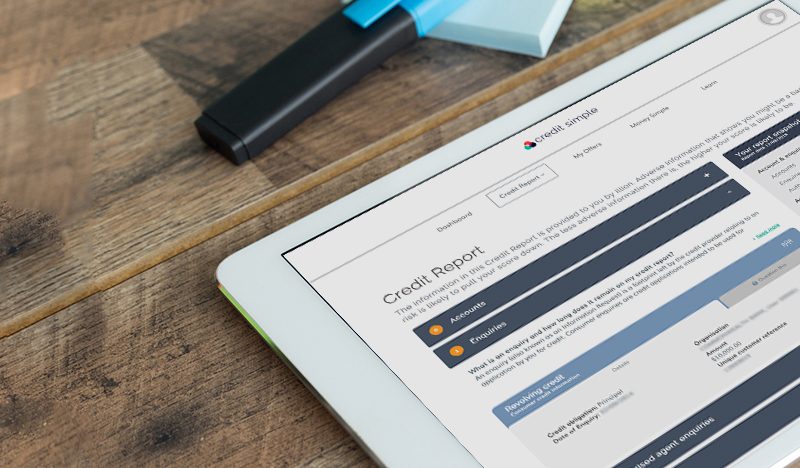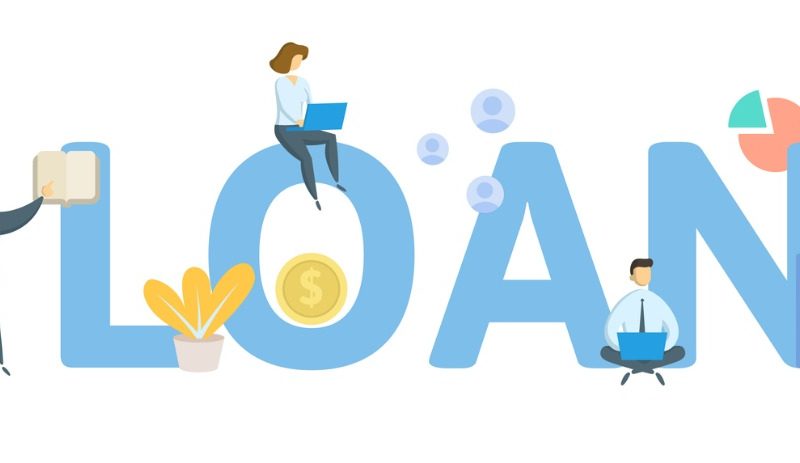Will closing my credit cards hurt my credit score? Consider this first
You’d think closing off credit cards or other accounts would boost your bankability in the eye of providers. The reality is that sometimes it can do exactly the opposite. Closing off some accounts after paying down your debt may actually lower your credit score.
Take mortgages for example. It would be natural to think that clearing your home loan would improve your credit score. But hold that thought. One of the lesser known things that could hurt your credit score is closing your mortgage, says Brett Clarke, manager analytics at illion. If you pay off your mortgage and close the account your credit score could drop by 60 to 70 points. Of course, that’s not a reason to keep your mortgage open! But it helps to explain why you might see a drop in score once you’ve paid off the big one.
It sounds mysterious. But the reality is that someone who pays his or her mortgage on time each fortnight or month may be a better bet for lenders than an unknown quantity. That’s why your credit score can rise when you get a mortgage, even if your payments stretch you a bit financially.
It’s sometimes possible to pay back your mortgage and keep the account open. This may have other benefits over and above the extra (small) boost it may give your credit score. It could also enable you to borrow against the house in the future without opening a new mortgage, if you’re considering reinvesting in property.
On the other hand, if you have other lending with the bank you may not want to keep your mortgage open. It could put your home at risk thanks to “cross collateralisation”. This is a little clause in many bank credit card and loan agreements that allow them to sell your house if you fall behind on other loans. They can (and do) do this at times.
Does paying off debt always benefit your credit score?
Some people cut up their credit cards thinking it will improve their credit score. But that’s not always the case, says Clarke, although there can be other benefits for your personal finances.
Having five credit cards, for example, makes no difference to your credit score, providing you’re making all your payments on time. Closing one, providing there’s no outstanding debt, usually won’t harm your score.
If it’s your only card, however, it has the potential to drop your credit score slightly a few months down the track, say Clarke.
The actual closure isn’t what affects your score, but rather the positive reporting information that comes from making regular payments. After three months that positive information related to your goody two shoes payment is lost and your credit score could potentially dip.
So what’s the problem?
It’s great that you’ve paid off your debt. The issue for some people is that should you need to borrow in the future or open new accounts, it may not be as easy to access credit, or the rates on offer might not be as good as if you’d kept your credit card ticking over.
If you’re strong willed and there’s no annual fee on your card, consider storing it away for a rainy day and simply don’t spend anything on it that you can’t pay off in full that month like a credit ‘deadbeat’. You could even freeze it in ice-cream container of water. That makes it hard to take it with you on a whim. People really do this.
The benefits of closing old credit accounts
While there are some disadvantages of closing old accounts, there can also be some benefits. They include:
- Less administration and paperwork for you to do
- Fewer cards for thieves to target
- Less chance of your other half doing a runner leaving debt behind that you’ll be chased for (check out our Sexually Transmitted Debt blog.)
- Fewer annual fees to pay
- You can’t forget to pay a bill.
Finally, don’t use this blog as a reason for not paying down debt. The faster you can clear debt the easier your life will be in the long run.
- Post Tags:
- credit cards
- credit score
Credit Simple
Credit Simple gives all Australians free access to their credit score, as well as their detailed credit report. See how your credit score compares by age, gender and community and gain valuable insights into what it all means.
All stories by: Credit Simple


